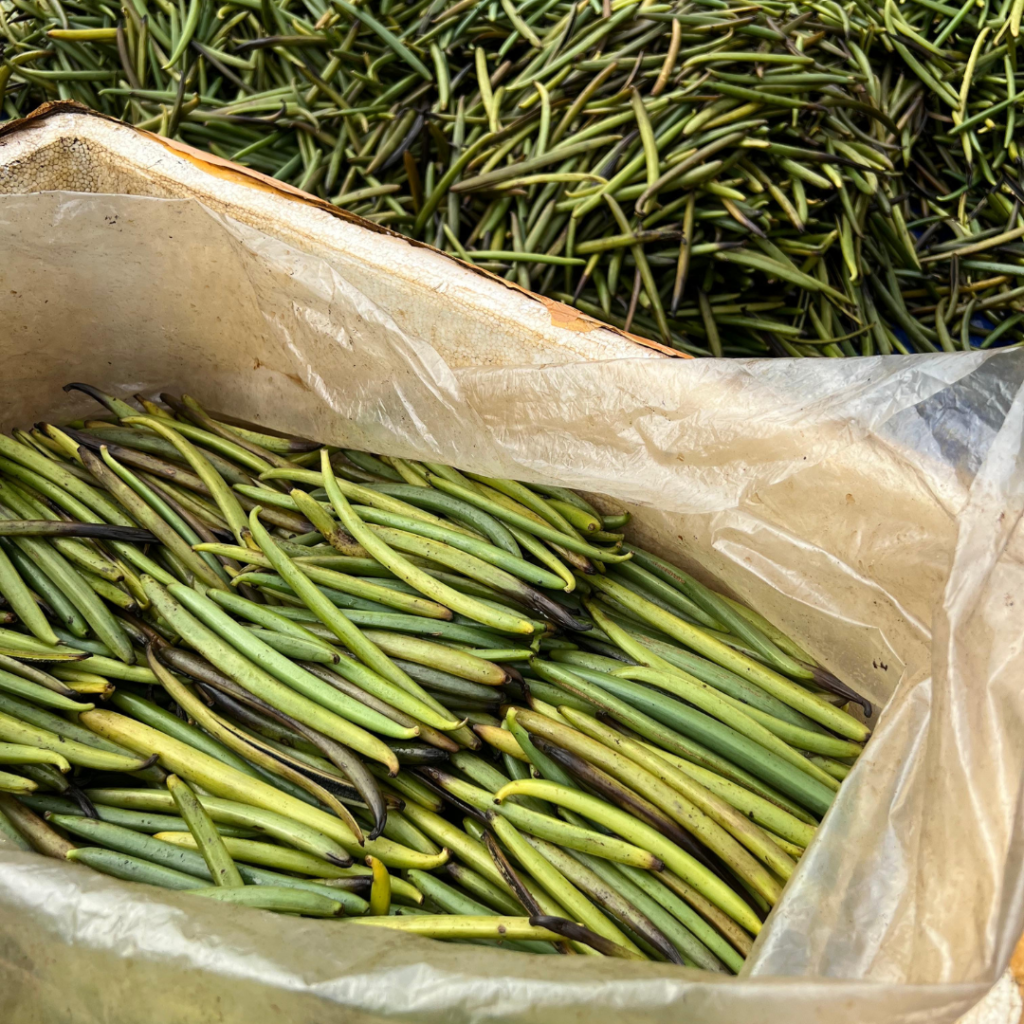Indonesia has been at the center of the spice trade for centuries. From nutmeg and cloves to vanilla and cinnamon, the country supplies raw materials that fuel industries worldwide. Today, Indonesia remains a powerhouse in the global spice market, exporting to Europe, the United States, and the Middle East. Food manufacturers and distributors across these regions consistently seek Indonesian spices for their natural quality, distinctive flavor, and reliable supply.
Beyond history, numbers also reflect Indonesia’s importance. According to the International Trade Centre (ITC), Indonesia ranks among the top five global exporters for nutmeg, vanilla, and cloves. In 2024, spice exports contributed more than USD 1.3 billion to Indonesia’s economy. This year, 2025, the focus shifts toward pricing updates that global buyers must watch closely to make informed sourcing decisions.
2025 Price Trends Across Major Spices
As 2025 unfolds, spice prices from Indonesia show varying trends depending on harvest yields, climate patterns, and international demand. Here are the latest updates:
- Vanilla: Indonesia continues to gain attention as an alternative source to Madagascar. Prices for Grade A vanilla range between USD 350–400 per kilogram, supported by rising demand in Europe’s premium food and beverage sector.
- Nutmeg: Stable production in Maluku and North Sulawesi keeps nutmeg prices at USD 8–12 per kilogram, making it a consistent choice for buyers in the Middle East.
- Cloves: Prices currently range from USD 7–10 per kilogram, driven partly by demand in the tobacco and confectionery industries.
- Pepper: Competition from Vietnam influences pepper pricing, with Indonesian black pepper standing at USD 4–5 per kilogram.
- Cinnamon: Growing popularity in bakery and health drinks pushes cinnamon prices to USD 6–8 per kilogram, particularly strong in the US and European markets.
These numbers not only provide a snapshot of market conditions but also underline the role Indonesia plays in maintaining supply diversity. For buyers, monitoring such updates is critical, as even small fluctuations can affect large-scale manufacturing costs.
Impact on Food & Beverage Manufacturers Worldwide
Spice pricing directly affects product development across multiple industries. For example, vanilla remains essential in ice cream and chocolate production. When prices rise, manufacturers either face higher costs or risk lowering quality if they turn to substitutes. Similarly, nutmeg and cloves hold strong positions in Middle Eastern beverages and bakery products. Stable or rising prices in these commodities impact overall production planning and pricing strategies.
Furthermore, global consumers continue to demand natural, clean-label ingredients. This trend ensures that authentic Indonesian spices remain in high demand regardless of price fluctuations. As a result, food companies are willing to pay a premium for traceable, high-quality spices that align with both flavor expectations and sustainability goals.
Role of Spices Distributors in Ensuring Quality & Supply
For international buyers, sourcing spices is not only about price. The role of distributors and suppliers is vital in ensuring traceability, quality assurance, and compliance with global standards. Trusted distributors manage logistics, handle certification requirements, and reduce risks of adulteration.
Take vanilla as an example. A reliable supplier provides full transparency on harvest timing, curing methods, and grading standards. This assurance gives buyers confidence that every shipment meets international requirements. Without such partnerships, buyers risk delays, inconsistent quality, or regulatory issues at the border.
Partnering with Indonesia Spices Supplier for Long-Term Growth
While price monitoring is important, building long-term partnerships with reliable suppliers brings greater stability to the supply chain. Buyers who collaborate directly with reputable Indonesia spices suppliers benefit from consistent quality, stronger negotiation positions, and smoother access to premium products.
Baharat Prime Indonesia, through its flagship brand Prime Vanilla, stands as an example of a trusted partner. With a commitment to sustainable farming, transparent sourcing, and strict post-harvest processing, Prime Vanilla provides buyers with confidence that every shipment reflects Indonesia’s best. For international distributors and manufacturers, this partnership ensures not only fair pricing but also a dependable supply of high-quality spices.
Conclusion
The 2025 update on Indonesia spices price confirms the country’s continued importance in global trade. Prices remain influenced by climate conditions, competition, and international demand, yet Indonesia consistently offers buyers a rich portfolio of essential spices. For food manufacturers and distributors in Europe, the US, and the Middle East, sourcing decisions must go beyond short-term price fluctuations and focus on reliable partnerships. By working with trusted suppliers such as Prime Vanilla by Baharat Prime Indonesia, buyers gain more than just spices but they gain quality, consistency, and a competitive edge in a growing global market.


